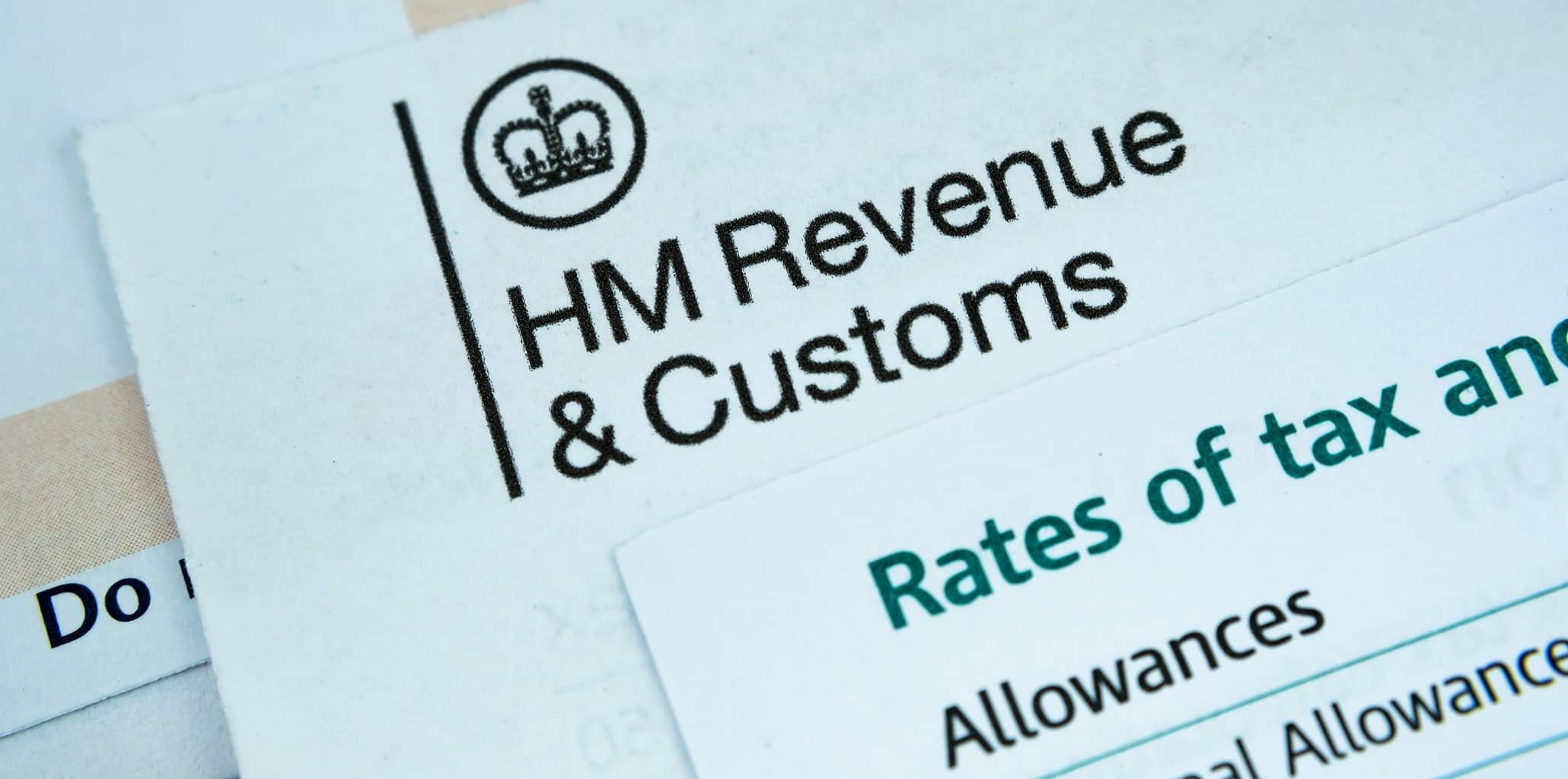
Many people leave all thoughts of tax until January when the self-assessment filing deadline looms large. Yet there is a good reason not to leave it to the last minute – assessing your tax position as soon as possible will help you avoid unwanted surprises. And gaining early sight of your tax position is particularly relevant this year because of the several tax changes introduced in April that will affect higher rate taxpayers.
For starters, the threshold for taxpayers in England, Wales and Northern Ireland paying the top rate of tax of 45 per cent has been reduced from £150,000 to £125,140 from the 2023/24 tax year. This slightly odd figure coincides with the level at which taxpayers with income over £100,000 lose all of their personal allowance. This top rate of tax threshold is the same for Scottish taxpayers, but they will now pay a slightly higher rate of tax of 47 per cent.
Capital gains tax (CGT) and dividends allowances are also being cut. The annual exempt amount for CGT has fallen from £12,300 to £6,000 for the current tax year and will fall further to £3,000 from April 2024. The dividend allowance has been reduced from £2,000 to £1,000 and will fall by a further £500 from April 2024.
The conundrum for everyone is whether they can mitigate these tax rises in any way. We believe they can and below we have outlined some suggestions for those likely to become additional rate taxpayers as a result of the threshold reduction.
Contribute to your pensions
Making pension contributions reduces levels of taxable income. So, if your earnings exceed £125,140, you are now paying the highest rate of tax, and every £55 contributed to a pension will buy you £100 of investment. How you get the tax relief depends on whether you are employed or self-employed, but either way, you need to have enough ‘earned’ income (so not investment income) to cover the gross contribution.
For people with a SIPP, they will typically make contributions net of basic rate tax, which is then reclaimed by the fund. The higher rate relief comes via your self-assessment tax return. The abolition of the Lifetime Allowance Charge, a tax that was paid on contributions above the Lifetime Allowance (LTA) of £1,073,100, means that it will now be possible for many who had stopped making contributions to restart without penalty. The LTA will be scrapped in April 2024.
Make charity donations
The tax system rewards generosity with tax relief, so making charitable donations will reduce income taxed at additional rates. You don’t have to pay CGT on land, property or shares that you donate to charity. You can also pay less income tax by deducting the value of your donation from your overall taxable income. For cash gifts there is Gift Aid, which gives tax relief in a similar way to pension contributions.
Consider selling shares now
The CGT allowance, which has been reduced to £6,000 for 2023/24, will fall again in the next tax year to £3,000. If you hold stocks which are standing at a gain, it could be worth considering selling before the CGT allowance reduces further. However, investment and divestment decisions which alter your asset allocation should be driven by your goals and objectives rather than by tax breaks. There is a rule that prevents you from selling and repurchasing the same stock within 30 days, but there’s nothing to prevent you from getting back into the market via your ISA. You could even get your spouse to purchase the same stocks immediately to avoid time out of the market.
Defer tax with investment bonds
For the longer term, offshore investment bonds allow you to access cash in the form of capital payments to defer tax on growth. Bonds are non-income generating so there is nothing to report on your self-assessment tax return, and you can withdraw up to 5 per cent of the original bond value without a tax charge. The quid pro quo for these benefits is that, when the bond is surrendered or matures, the growth will be subject to income tax rather than CGT. However, the bond may be assigned to another party, perhaps a child or grandchild who has a lower tax rate, without triggering a charge.
Divide and conquer
By splitting investment portfolios between spouses or partners, you can use both CGT allowances and income tax lower rate bands. You could also consider a gift of investments outright to a non-earning spouse or partner, whose allowances would otherwise be wasted.
Restructure company dividends
Another trap for high earners is the loss of their personal allowance once their annual income exceeds £100,000. Company owners might consider an alternate-year structure for dividends so as to pay less tax overall by retaining their personal allowance every other year. So, for example, in ‘even’ years the dividend would be small enough to keep total income below £100,000, but in ‘odd’ years the dividend would be increased to the sum required to fund spending levels for the current and following years. The impact on other shareholders needs some careful consideration and the strategy requires discipline to retain enough cash in each high-income year to subsidise the next one.
Keep it in the family
Consider a family investment company as a longer-term wealth accumulation structure. The corporation tax rate has increased to 25 per cent for the current financial year, but dividends received by a company are not subject to tax and so there is potential for a gross roll-up of income.
How Weatherbys can help
We help our clients navigate through the maze. With careful preparation and planning, you can make sure you don’t pay any more tax than you need to. This means saving and investing tax efficiently and making the most of the tax relief benefits of pensions.
Tax efficiency may feel like an administrative headache, but it doesn’t need to be. With expert help, it can make a significant difference to your long-term finances. If you are interested in finding out more about how Weatherbys can help you mitigate your tax liabilities, please get in touch or speak to your Private Banker.
Important Information
Tax laws are subject to change and taxation will vary depending on individual circumstances. Offshore bonds and family investment companies are not suitable for everyone, and you should seek professional financial advice before proceeding.
